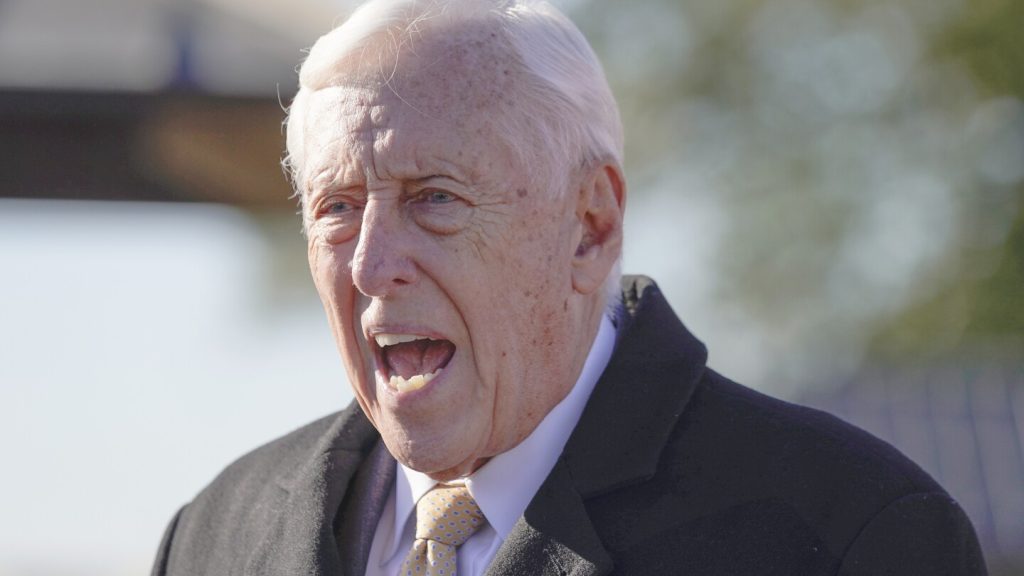Hoyer’s office did not provide further details about the circumstances surrounding the stroke or where he received treatment. The news of Hoyer’s health scare comes as the House is in the midst of grappling with several pressing issues, including negotiations over a massive infrastructure bill and the impending deadline to fund the government. Hoyer’s absence from these discussions could potentially impact their outcome, as he has been a key figure in Democratic leadership for many years and has significant influence within the party.
Hoyer’s mild stroke serves as a reminder of the toll that the high-stress environment of Capitol Hill can take on lawmakers, many of whom are older individuals. It also underscores the importance of prioritizing one’s health and well-being, even in demanding roles like that of a member of Congress. Hoyer’s quick response to his symptoms and the success of his treatment highlight the importance of early intervention when it comes to medical emergencies like strokes.
Despite his health scare, Hoyer’s team remains optimistic about his recovery and his ability to resume his duties in the near future. His planned return to work next week suggests that he is eager to get back to serving his constituents and fulfilling his responsibilities in Congress. Hoyer’s resilience and determination to continue working even after experiencing a health setback are a testament to his dedication to public service and his commitment to his role as a lawmaker.
As one of the longest-serving members of Congress, Hoyer’s absence would be keenly felt by his colleagues on both sides of the aisle. His experience and institutional knowledge make him a valuable asset to the House, and his leadership has been instrumental in guiding the Democratic party through numerous challenges over the years. While Hoyer’s health may temporarily sideline him from his duties, his colleagues are likely to rally around him and offer their support as he recovers from his stroke.
The news of Hoyer’s health scare has drawn attention to the importance of self-care and monitoring one’s health, especially for individuals in high-pressure positions like elected officials. The stress and demands of public service can take a toll on both physical and mental well-being, and it is essential for lawmakers to prioritize their health in order to effectively carry out their duties. Hoyer’s experience serves as a cautionary tale for others in similar roles and underscores the need for regular check-ups and a proactive approach to managing one’s health.
In the coming days, Hoyer’s recovery will be closely monitored by his medical team and his colleagues in Congress. His return to work next week will be a positive development for those who rely on his leadership and guidance, and it is likely to be met with a sense of relief among his supporters. As Hoyer continues on the path to recovery, the focus will shift towards ensuring that he has the necessary support and resources to fully recuperate and regain his strength. The news of his mild stroke serves as a reminder of the fragility of life and the importance of taking care of oneself, even in the midst of a demanding career in public service.


